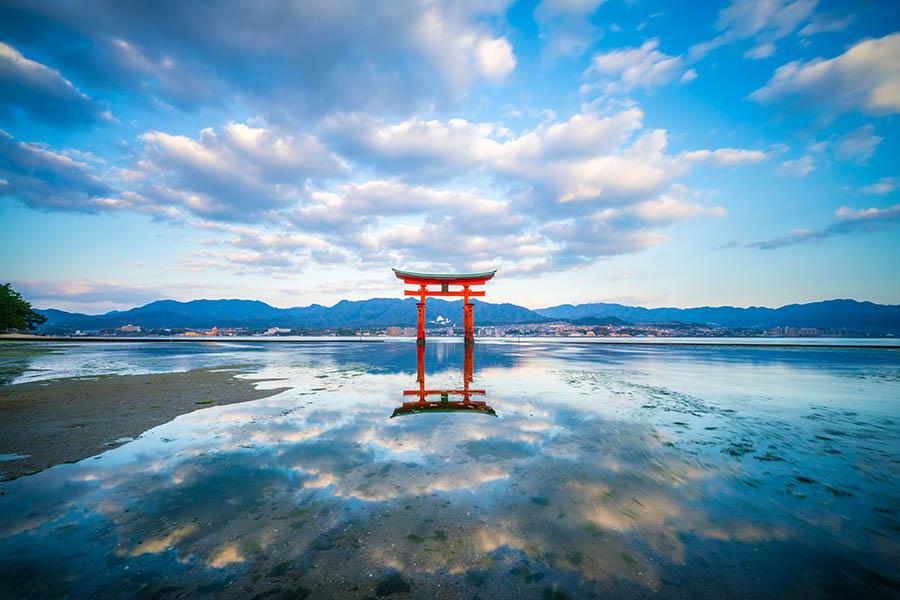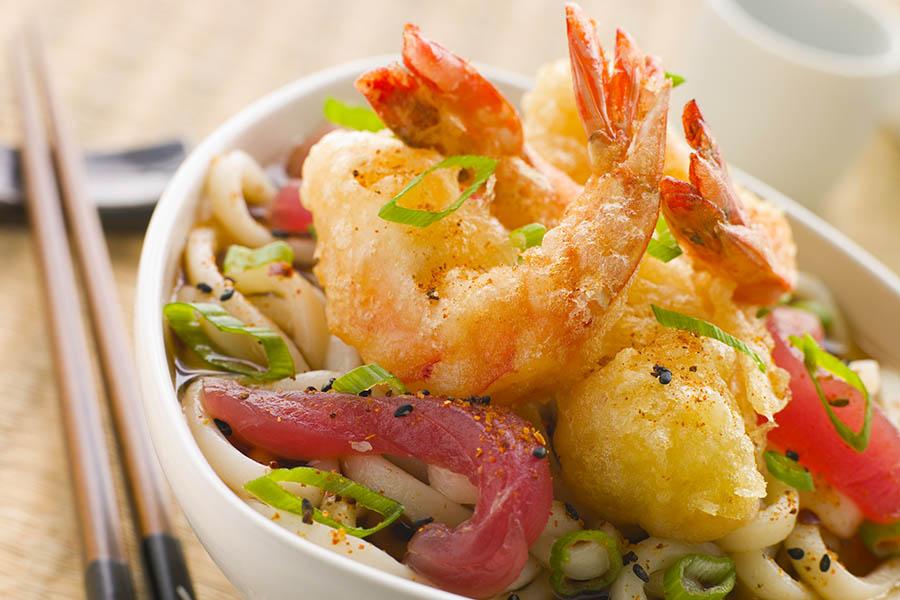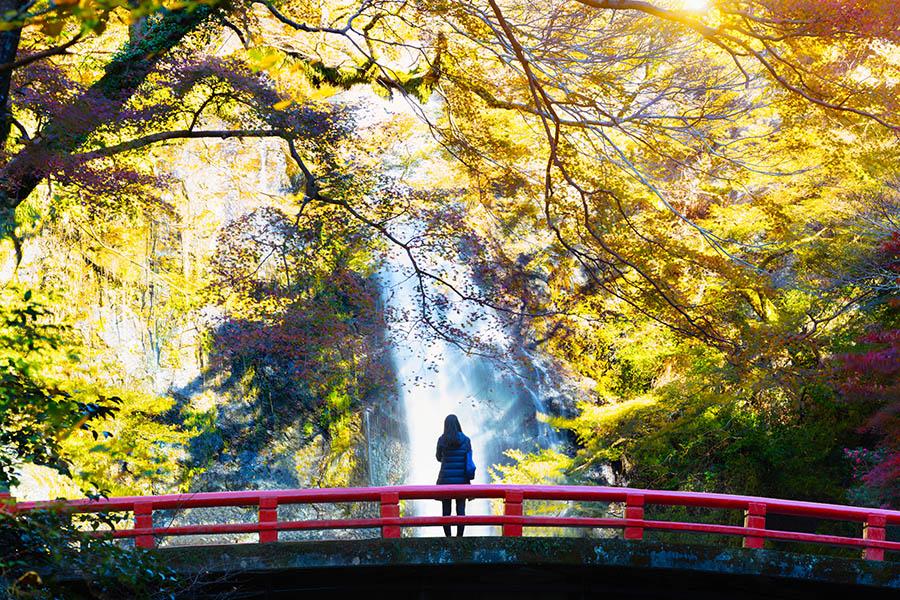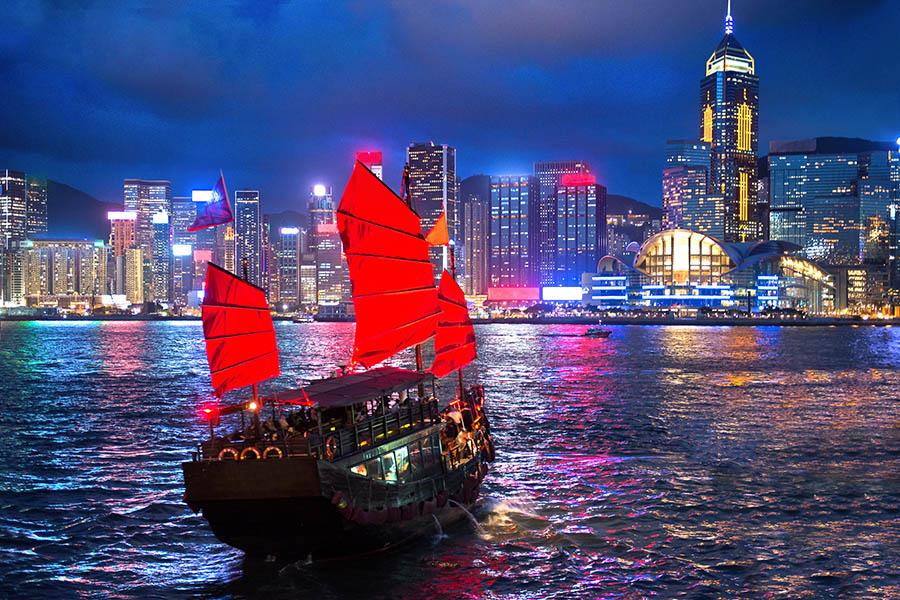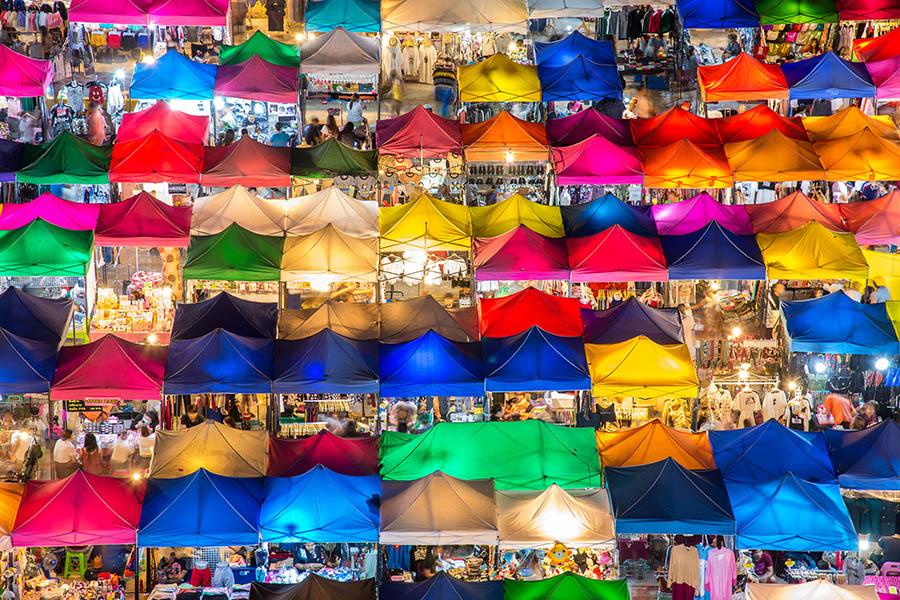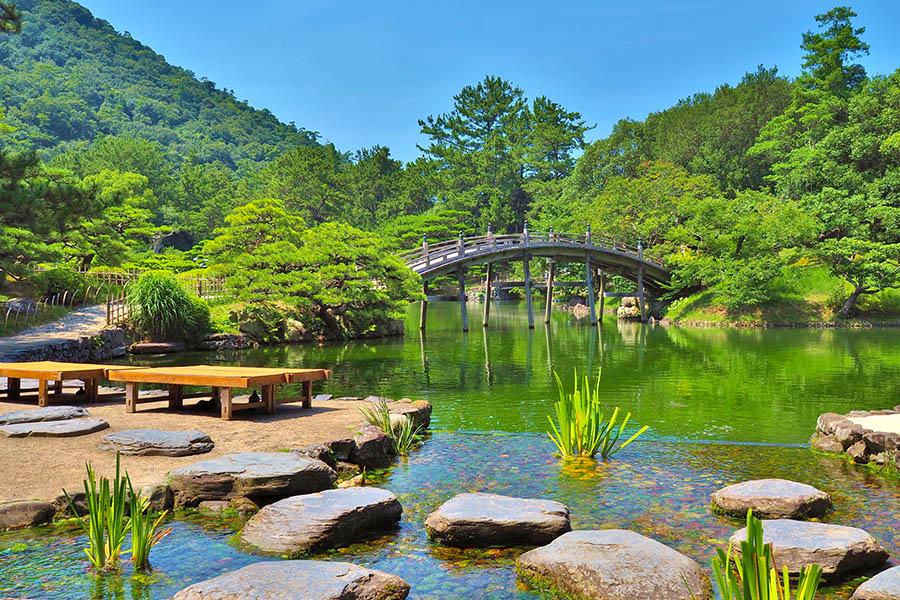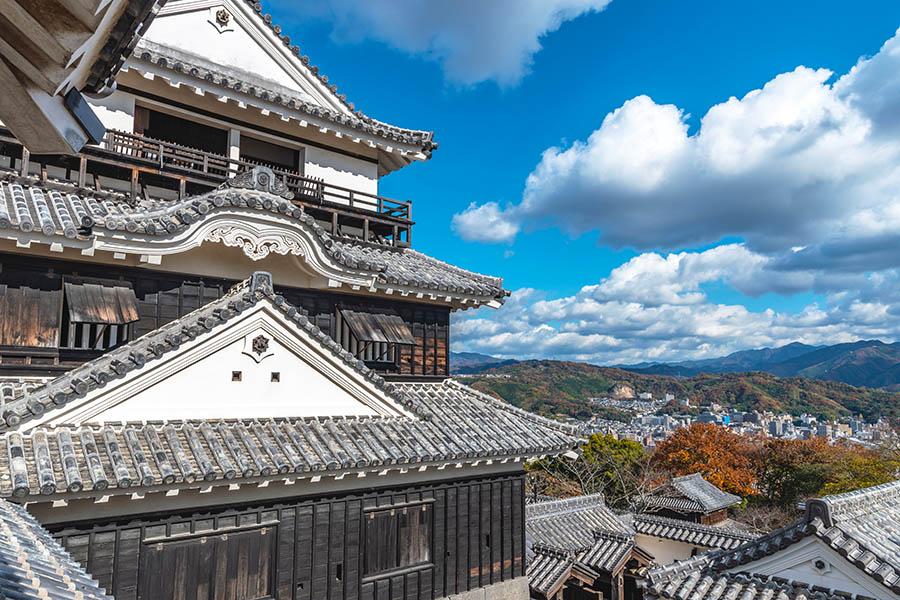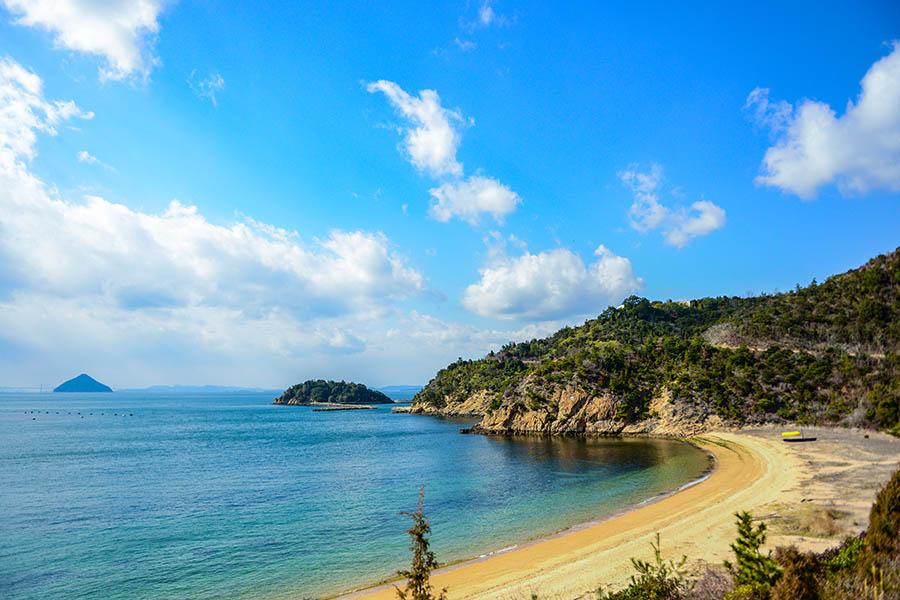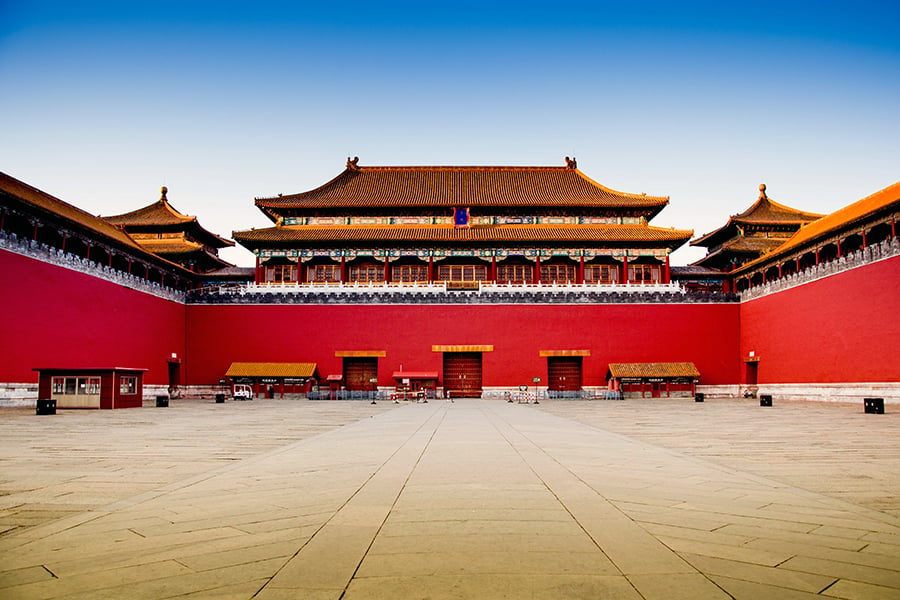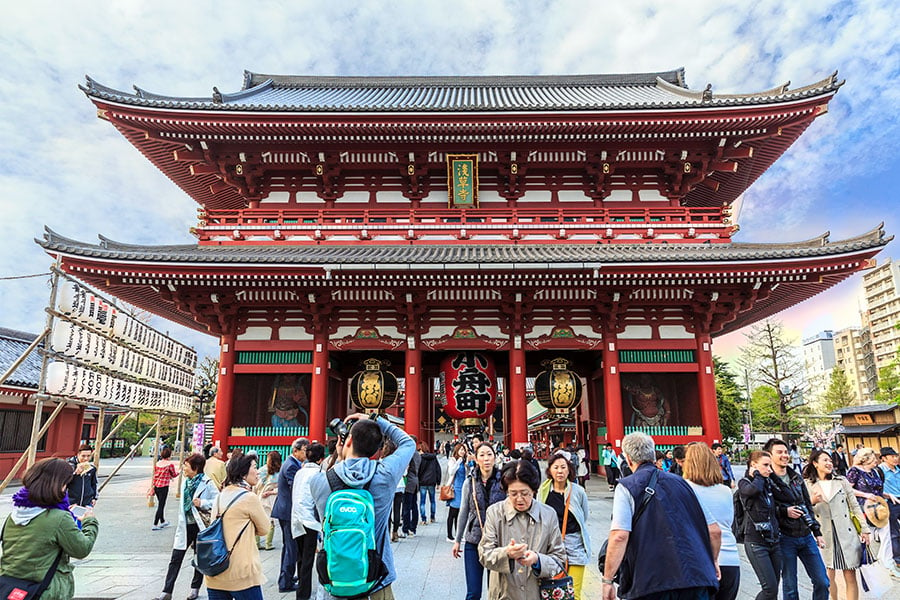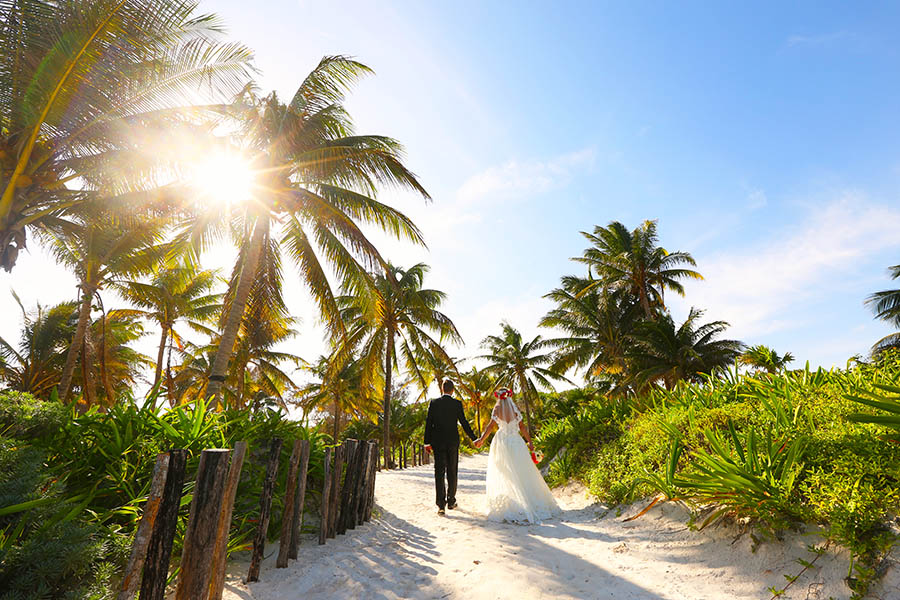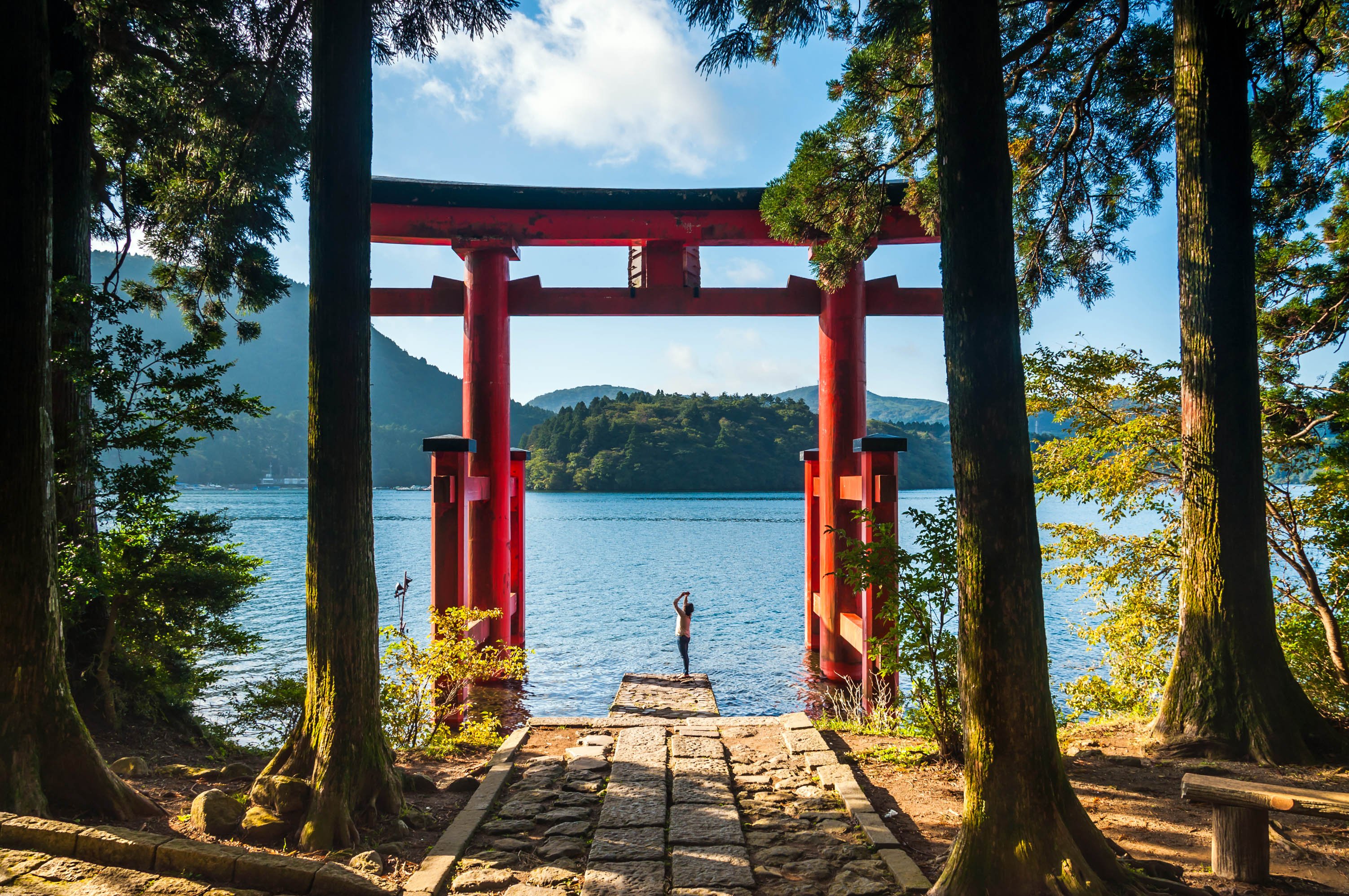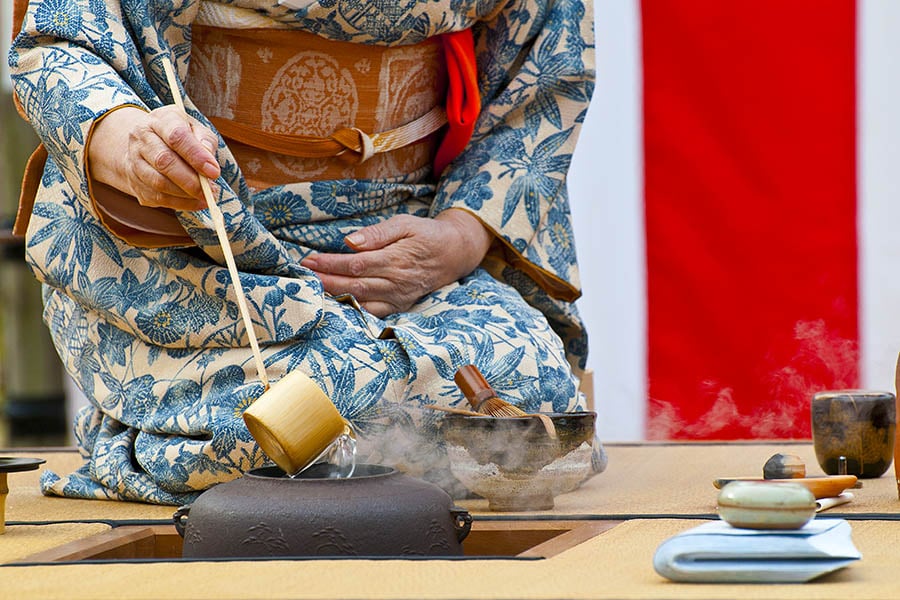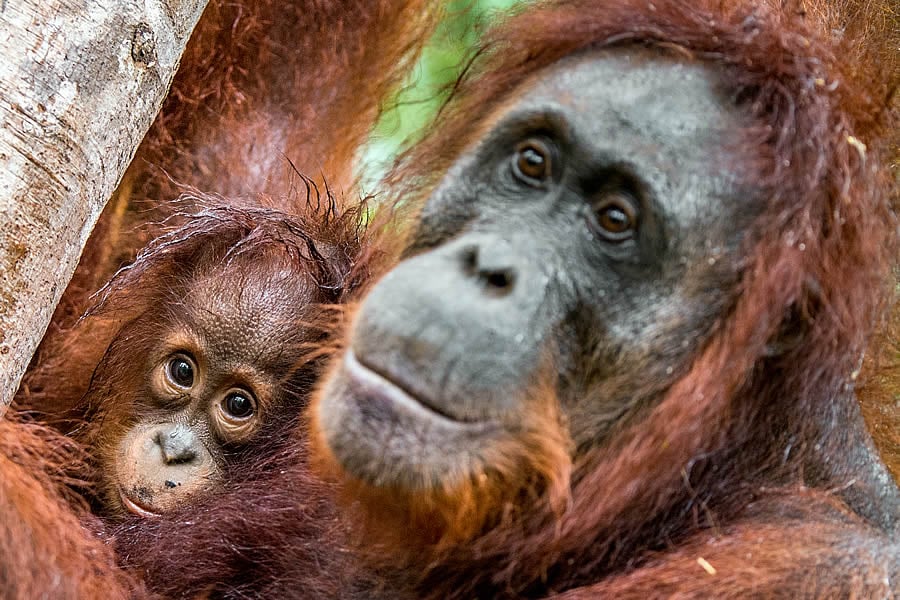Off the beaten track Japan and Hong Kong holiday
See more ideas for: Hong Kong | Japan
Overview
Explore the unique island of Shikoku, as well as Hiroshima and Osaka, on this unusual off the beaten track Japan and Hong Kong. Art, nature and historical Japanese culture seamlessly combine, creating a unique holiday to a little-visited area of Japan.
First, take in the highlights of the mainland cities, discovering Osaka’s soul food scene and Hiroshima’s sobering Peace Monument. Next, head onto the island of Shikoku, where the green valleys and lush hills are dotted with mountain temples and colourful leaves in the autumn. Home to ancient onsens, local street food stalls and sacred pagodas, Shikoku will reward you with a taste of rural and unspoilt Japanese life.
Combine all this with a stopover in Hong Kong, where twinkling skyscrapers, endless harbour views and delicious night markets await. If you’re looking for something a little different, you’re sure to enjoy this fascinating holiday in Asia.
This itinerary can be tailored to suit your requirements, so please contact one of our consultants to start planning your dream trip.
This holiday includes
- International flights
- All transfers
- All accommodation in Japan and Hong Kong
- Excursions as mentioned in the itinerary
- Meals as mentioned in the itinerary
You’ll remember…
- Watching day turn to night from Victoria Peak in Hong Kong
- The bright and colourful art of Naoshima Island
- The glimpse of rural Japanese life in Shikoku
- The tranquil silence of memories at Hiroshima’s Peace Monument
- Your first bite of crispy menchi katsu in Osaka
Itinerary
Day 1: Depart UK
Depart the UK from your chosen airport.
Included: International flight
Day 2: Arrive Hong Kong
On arrival in Hong Kong, you’ll be taken to your hotel where you will check in for three nights. Why not head out this evening to enjoy some dim-sum? You could head for a high-end restaurant with rooftop views over the city or go local and try the stalls in Temple Street Food Market – both options are bound to provide a delicious experience!
Included: Transfers, 4* hotel
Days 3 and 4: Hong Kong
You’ll have two full days to see the best of Hong Kong. During your stay, be sure to explore Hong Kong Island, with highlights including Stanley Market on the southern shores and the spectacular harbour views from Victoria Peak. We recommend heading up to Victoria Peak on the tram in the late afternoon and watching the city transform from day into night.
Another must-see is Kowloon, so try afternoon tea at the Peninsula Hotel, walk along the Avenue of the Stars and taste local delicacies at Temple Street Night Market. If you want to get out of the city, you can head over to Lantau, where a glass-floored cable car soars over the water to get to the Giant Buddha.
On your second evening, we've included a cruise around one of the most spectacular harbours in the world. You’ll enjoy an uninterrupted view of the 'Symphony of Lights’ laser show from your vantage point onboard a traditional Chinese-style boat with unlimited drinks. The harbour front buildings on Hong Kong Island and Kowloon come to life during this dazzling display.
Included: 4* hotel, breakfast, Symphony of Lights cruise
Day 5: Fly to Osaka
After breakfast, you’ll be taken to the airport for your flight to Japan. On arrival in Osaka, you’ll be met at the airport and assisted in catching a shuttle to your hotel, where you’ll check in for one night.
Included: Breakfast, transfers, international flights, 4* hotel
Day 6: Osaka to Okayama
This morning you’ll head to Okayama, one of the gateways to the arty islands of the Seto Inland Sea. When you arrive, you’ll check into your hotel for one night.
Be sure to stop in at Okayama Castle, known as the Crow Castle thanks to its jet black exterior. Originally completed in the 16th Century, it has had so many fires and renovations that the current structure only dates back to 1966. Crossing the Tsukimi Bashi Bridge, you’ll reach the Korakuen Garden, one of the most beautiful gardens in Japan. Here, you’ll find spacious lawns, groves of plum and cherry trees and a crane aviary.
In the afternoon, try taking the 15-minute train ride to Kurashiki, where well-preserved old houses and waterways make up the pretty Bikan and Canal area. It’s a fantastic place to stroll at sunset.
Included: Breakfast, 4* hotel, JP Railpass
Day 7: Day trip to Naoshima
Today, we highly recommend visiting the island of Naoshima, world-famous for its modern art. From Okayama, it’s easy to get the ferry over to Naoshima, where you can spend the day discovering quirky, futuristic art museums.
You can begin with the Chichu Art Museum, known for its manifestation of the relationship between humankind and Mother Nature. The designer, Ando, didn’t wish to disrupt the natural beauty of the Seto region, so almost the entire building is underground. Aside from the impressive architecture, there’s plenty of art to enjoy, including the famous Yellow Pumpkin by Yayoi Kusama. Many of the installations here are interactive and play with light and sound.
You can also visit the Lee Ufan Museum, where the art is themed on tranquillity and stillness of life. Naoshima Island is indeed a peaceful place to visit, and the museum fits perfectly with the place. It’s a wonderful and unusual way to spend a day in Japan.
To learn more about these art islands, read Liz’s blog here.
Included: Breakfast, 4* hotel, JP Railpass
Day 8: Okayama to Takamatsu
Leaving the main island behind, you’ll travel to Shikoku, a small island that separates the Seto Inland Sea and the Pacific Ocean. It’s a green oasis with natural valleys, gorges and mountains to explore, all scattered with spiritual sites.
Your first stop is Takamatsu, which flourished as a castle town during the feudal era and now serves as a gateway to Shikoku. When you arrive, you can check into your hotel and explore at your leisure. We recommend a visit to Ritsurin Park, near Mount Shiun. Home to thirteen human-made hills, six ponds, a handful of oriental bridges and a massive variety of trees and flowers, it’s gorgeous. Wander between the turtle pine trees and azaleas, soaking up the serene atmosphere.
Initially built in the 1620s to serve as a private garden for the then leaders of Kagawa prefecture, Ritsurin Park was opened to the public in 1868, and it quickly became a favourite amongst locals and visitors. When you need a break, enjoy a cup of green tea with a view of the pond at Kikugetsu-tei, a traditional teahouse set right in the middle of the park.
Takamatsu is also famous for its udon noodles, so don’t leave the city without trying them! Head for dinner at a traditional restaurant, and you can taste the freshly hand-pulled udon noodles in their natural setting. It’s a rich and authentic experience.
Included: Breakfast, 4* hotel, JP Railpass
Day 9: Takamatsu to Kotohira
You can spend this morning at leisure before boarding the local train to Kotohira, a quiet town in Kagawa famous for its mountain temple. In Kotohira, you’ll be staying in a ryokan, a traditional Japanese-style inn furnished with low tables and chairs, sliding shoji doors, and tatami flooring. The open-air hot spring baths in your ryokan have a view of Mt. Kompira – a fabulous way to bathe!
We recommend checking into your ryokan and then hiking up to Kompira-san, a Shinto complex that is the main shrine for the god of seafarers. Nestled on the slopes of Mount Zozu, this remote shrine is only accessible via a long and steep stone staircase with 1,368 steps.
Most people only make it up to the main hall, around 700 steps up, but if you would like to see the inner chamber, you’ll need to climb the remaining 600 steps. It takes a further 45 minutes, but it’s worth the climb, not only for the intricate architecture and sacred atmosphere but also for the breath-taking views over the valley below.
Included: Breakfast, 4* hotel, JP Railpass, dinner
Day 10: Kotohira to Matsuyama
From Kagawa, you’ll head to Ehime prefecture, and the city of Matsuyama, in the northwest of Shikoku. Well known for its pilgrimage routes, cycling trails and hot springs resorts, it’s a lovely place. We recommend that you start with a visit to Matsuyama Castle, one of only 12 original castles remaining in Japan. High on the hill above the city, it commands wonderful views of the sea and buildings below. The grounds contain 200 cherry trees, so it’s an excellent spot for sakura viewing in the springtime.
Matsuyama is also home to the Dogo Onsen Honkan, a large wooden onsen that is more than 100 years old. Said to be the inspiration for the setting of the award-winning film “Spirited Away”, it’s a great spot. Our travel consultant Liz has visited the onsen – read her blog here.
After a soothing dip in the baths, take a stroll around the tiny traditional shops before heading back for dinner. You’ll be staying in another ryokan so that you can enjoy another night in traditional comfort. Your evening meal is included.
Included: Breakfast, 4* hotel, JP Railpass, dinner
Day 11: Matsuyama to Hiroshima
After breakfast, you’ll take a short ferry ride from Shikoku and then board the train to Hiroshima. When you arrive, you’ll check into your hotel for two nights. Why not grab a dinner of okonomiyaki and try some local sake? This region is famous for sake, with more than 50 distilleries nearby, so it’s a great place to sample a drop or two.
Included: Breakfast, 4* hotel, JP Railpass
Day 12: Hiroshima
Today is yours to explore as you wish. We recommend that you spend the morning in Miyajima before exploring Osaka in the afternoon.
From mainland Hiroshima, it’s only a short ferry ride to Miyajima, a small but sacred island. It’s a great place to taste some local delicacies, such as oysters and saltwater eel. You’ll also have the chance to visit Itsukushima Shrine, a pier-like structure dating back to the 6th century. During high tide, the iconic vermillion o-torii gate looks like it’s floating in the water. Don’t miss the Buddhist temple of Daisho-in, where a row of spinning sutras sits in the main hall. It is believed that anyone who spins these sutras will be blessed.
In the afternoon, we suggest that you head back to Hiroshima to learn about this historic city. Explore the Peace Memorial Park and Museum as well as the Children’s Peace Monument. While you’re there, be sure to pay your respects to the victims of the tragic events of 1945.
Included: Breakfast, 4* hotel, JP Railpass
Day 13: Hiroshima to Osaka
This morning, you’ll take the train back to Osaka and spend your afternoon at leisure. On your final evening in Japan, you’ll set off on a soul food tour of Osaka, so you won’t leave without tasting the best of the city.
The motto of Osaka is kuiadore – “to eat oneself bankrupt” and believe us when we say that in this city, it wouldn’t be hard doing that! Osaka is all about eating. Your first stop is a street food stall, where you’ll taste a traditional Japanese snack food - menchi katsu - a breaded and deep-fried meat patty. Golden and crisp, it’s a local favourite, and you’ll soon see why.
Next, you’ll head to a standing bar to taste a selection of sake and Japanese wine, served with a handful of delicious house specialities. Afterwards, you’ll sit down in a restaurant famous for its wagyu beef dishes, often referred to as the most expensive beef in the world. Enjoy the melt-in-the-mouth textures with a refreshing cocktail and soak up the atmosphere of Osaka.
At the final stop, you'll try a new style of tempura in an eatery tucked away down a small alleyway. Here, you'll find old favourites such as shrimp tempura as well as more experimental combinations such as asparagus tempura.
Included: Breakfast, JP Rail Pass, evening food tour, 4* hotel
Day 14: Depart Osaka
After breakfast, you’ll take a scheduled train or shuttle bus back to Osaka Airport for your flight home.
Included: Breakfast, transfer, international flight
Day 15: Arrive UK
Info
Weather
Late March to early April is springtime in Japan and coincides with cherry blossom season in the Honshu cities, so availability will be limited, and you’ll need to book well in advance. Prices will also be higher and availability limited around Golden Week (early May) O-Bon (mid-August) and New Year. Autumn foliage (November) is also a hectic time.
June and July is rainy season across most of Japan, and the weather can be very humid, whereas autumn (September to mid-December) is normally cool and clear. Late December and January are cool or cold months, and there’s often snow on the mountain tops.
We've made a similar trip
If you'd like to get a feel for this trip, read our blog post 'Japan off the beaten track: exploring Shikoku' - written by one of our consultants who has been there.
This itinerary is purely a suggestion and can be tailor-made to your requirements, so please contact us and we’ll put together a bespoke quotation for you.
- International flights
- Return airport transfers
- Accommodation as mentioned in the itinerary
- Meals as mentioned in the itinerary
- Excursions as mentioned in the itinerary
- Any meals not mentioned
- Personal expenses
- Tips and gratuities

